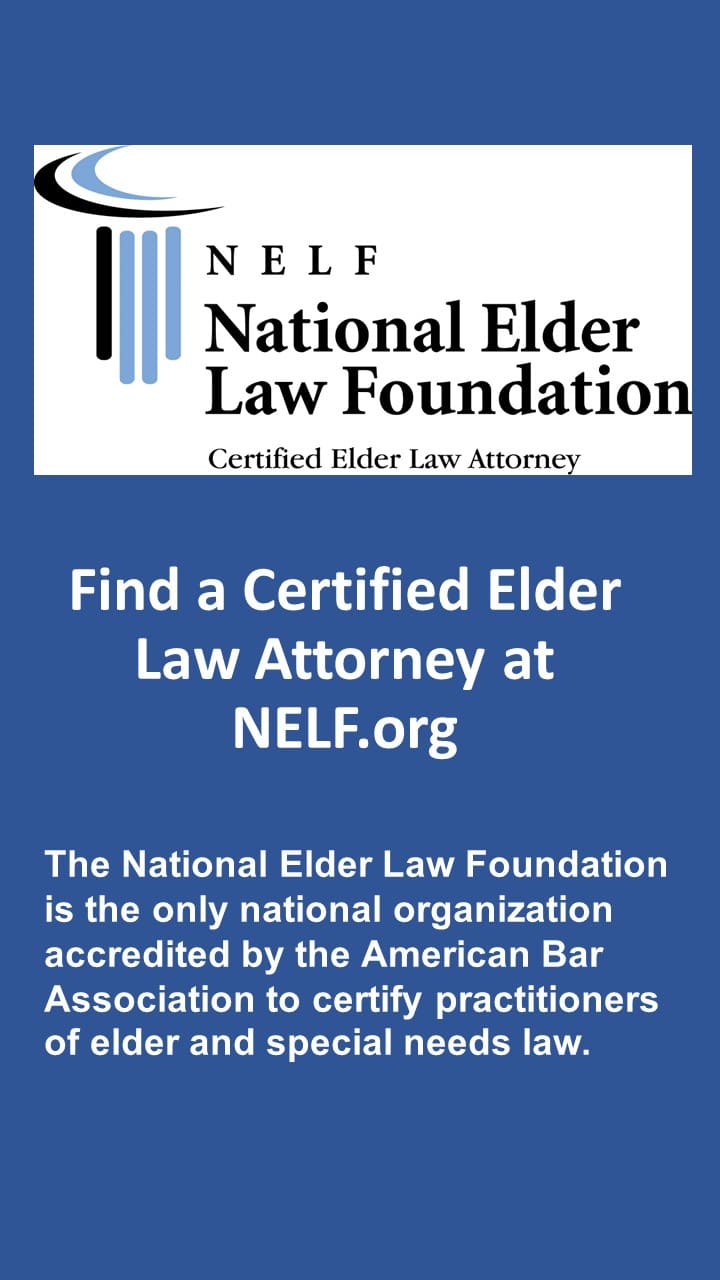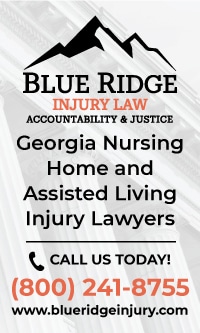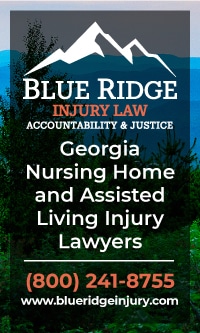Carol and Wilbur Post are typical Elder Law clients. Carol married Wilbur more than forty years ago. Recently, Wilbur’s health declined. Wilbur has dementia and is living on Planet Alzheimer’s. Wilbur hears voices, especially when he wanders near the Post’s barn. Wilbur needs assistance with activities of daily living. Carol recently admitted Wilbur to Valley Memorial Hospital. Wilbur stayed in the hospital for a week before being discharged to Happy Acres Nursing Center. Carol is now concerned about paying for Wilbur’s care.
Happy Acres told Carol about Medicaid, and provided Carol with a written description of how to establish Medicaid eligibility. It informed Carol of her right to an assessment of the couple’s non-exempt resources, and pointed Carol toward displayed information regarding how to apply for Medicaid. Carol applied for Medicaid on behalf of herself (as community spouse) and Wilbur. The application was denied. Now Carol is wondering what she can do. She can’t afford Happy Acres without medical assistance.
Nursing homes that accept Medicare or Medicaid are required to give all residents certain notices. 42 C.F.R. § 483.10(g) provides:
(4) The resident has the right to receive notices orally (meaning spoken) and in writing (including Braille) in a format and a language he or she understands, including;
(i) Required notices as specified in this section. The facility must furnish to each resident a written description of legal rights which includes –
(A) A description of the manner of protecting personal funds, under paragraph (f)(10) of this section;
(B) A description of the requirements and procedures for establishing eligibility for Medicaid, including the right to request an assessment of resources under section 1924(c) of the Social Security Act.
(C) A list of names, addresses (mailing and email), and telephone numbers of all pertinent State regulatory and informational agencies, resident advocacy groups such as the State Survey Agency, the State licensure office, the State Long-Term Care Ombudsman program, the protection and advocacy agency, adult protective services where state law provides for jurisdiction in long-term care facilities, the local contact agency for information about returning to the community and the Medicaid Fraud Control Unit; and
(D) A statement that the resident may file a complaint with the State Survey Agency concerning any suspected violation of state or federal nursing facility regulations, including but not limited to resident abuse, neglect, exploitation, misappropriation of resident property in the facility, non-compliance with the advance directives requirements and requests for information regarding returning to the community.
…
(iii) Information regarding Medicare and Medicaid eligibility and coverage;
…
(v) Contact information for the Medicaid Fraud Control Unit; and
…
(5) The facility must post, in a form and manner accessible and understandable to residents, and resident representatives:
(i) A list of names, addresses (mailing and email), and telephone numbers of all pertinent State agencies and advocacy groups, such as the State Survey Agency, the State licensure office, adult protective services where state law provides for jurisdiction in long-term care facilities, the Office of the State Long-Term Care Ombudsman program, the protection and advocacy network, home and community based service programs, and the Medicaid Fraud Control Unit; and
(ii) A statement that the resident may file a complaint with the State Survey Agency concerning any suspected violation of state or federal nursing facility regulations, including but not limited to resident abuse, neglect, exploitation, misappropriation of resident property in the facility, non-compliance with the advance directives requirements (42 CFR part 489 subpart I) and requests for information regarding returning to the community.
(13) The facility must display in the facility written information, and provide to residents and applicants for admission, oral and written information about how to apply for and use Medicare and Medicaid benefits, and how to receive refunds for previous payments covered by such benefits.
(16) The facility must provide a notice of rights and services to the resident prior to or upon admission and during the resident’s stay.
(i) The facility must inform the resident both orally and in writing in a language that the resident understands of his or her rights and all rules and regulations governing resident conduct and responsibilities during the stay in the facility.
(ii) The facility must also provide the resident with the State-developed notice of Medicaid rights and obligations, if any.
(iii) Receipt of such information, and any amendments to it, must be acknowledged in writing;
(17) The facility must –
(i) Inform each Medicaid-eligible resident, in writing, at the time of admission to the nursing facility and when the resident becomes eligible for Medicaid of –
(A) The items and services that are included in nursing facility services under the State plan and for which the resident may not be charged;
(B) Those other items and services that the facility offers and for which the resident may be charged, and the amount of charges for those services; and
(ii) Inform each Medicaid-eligible resident when changes are made to the items and services specified in § 483.10(g)(17)(i)(A) and (B) of this section.
(18) The facility must inform each resident before, or at the time of admission, and periodically during the resident’s stay, of services available in the facility and of charges for those services, including any charges for services not covered under Medicare/Medicaid or by the facility’s per diem rate.





